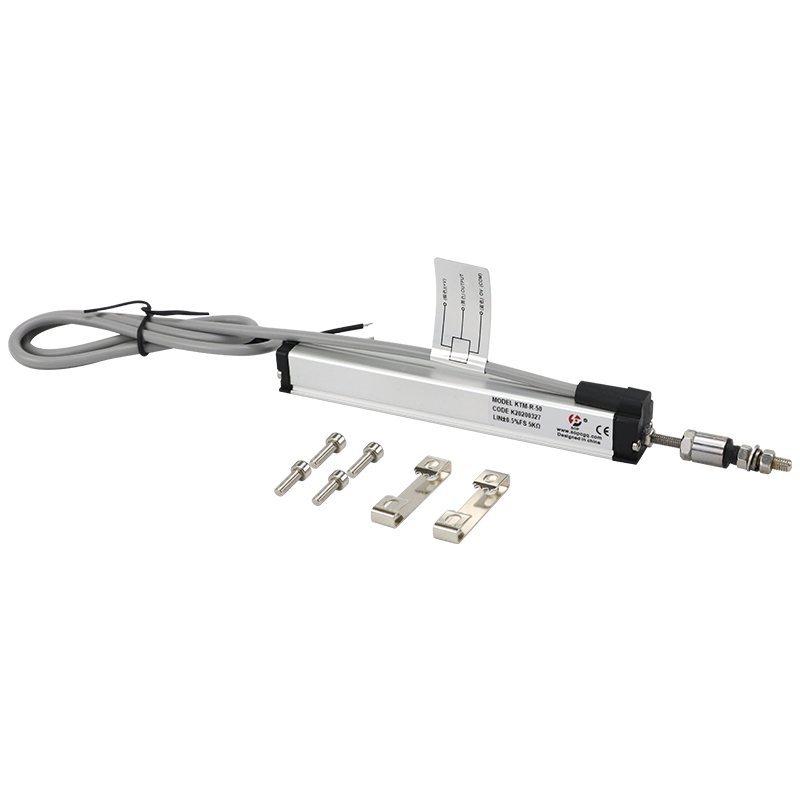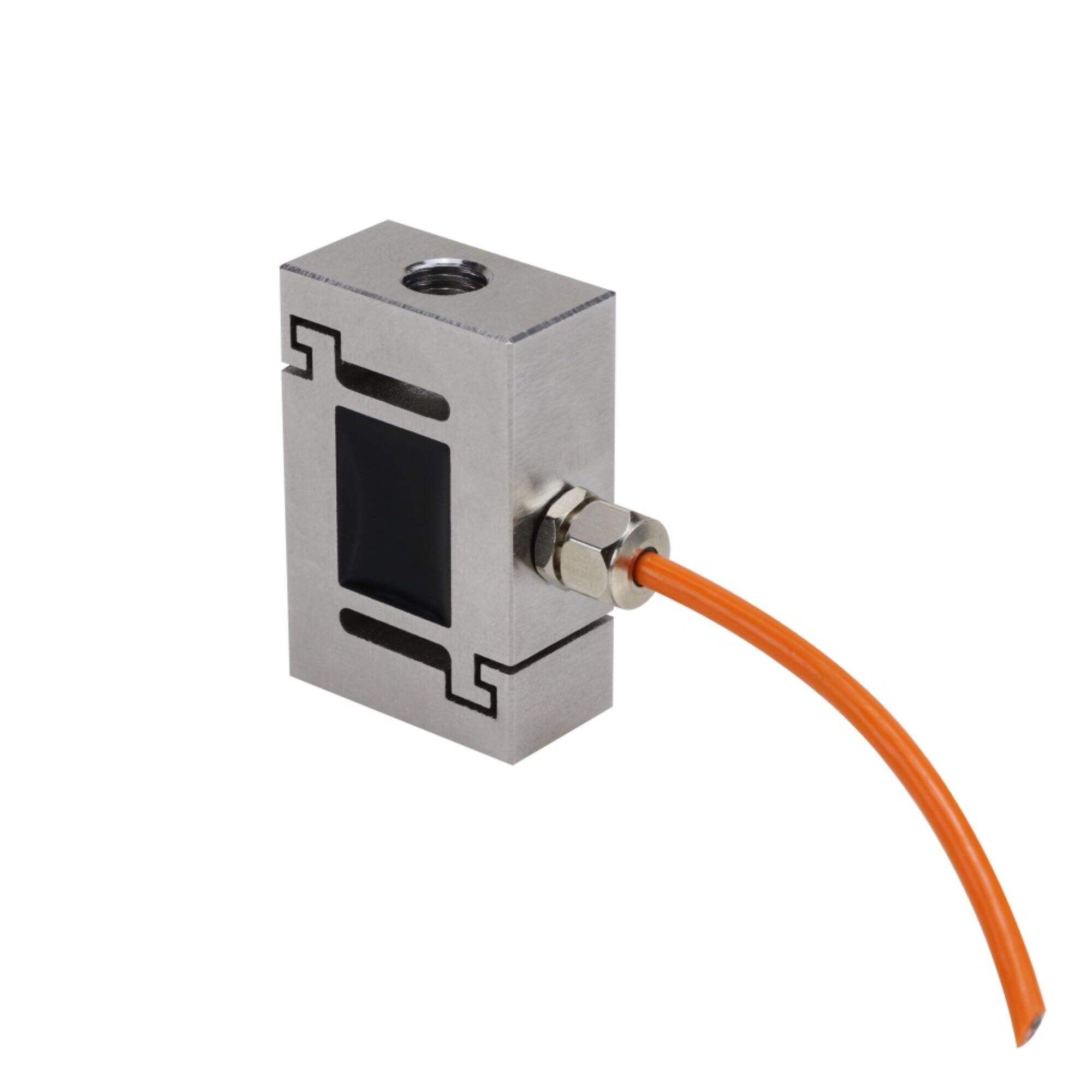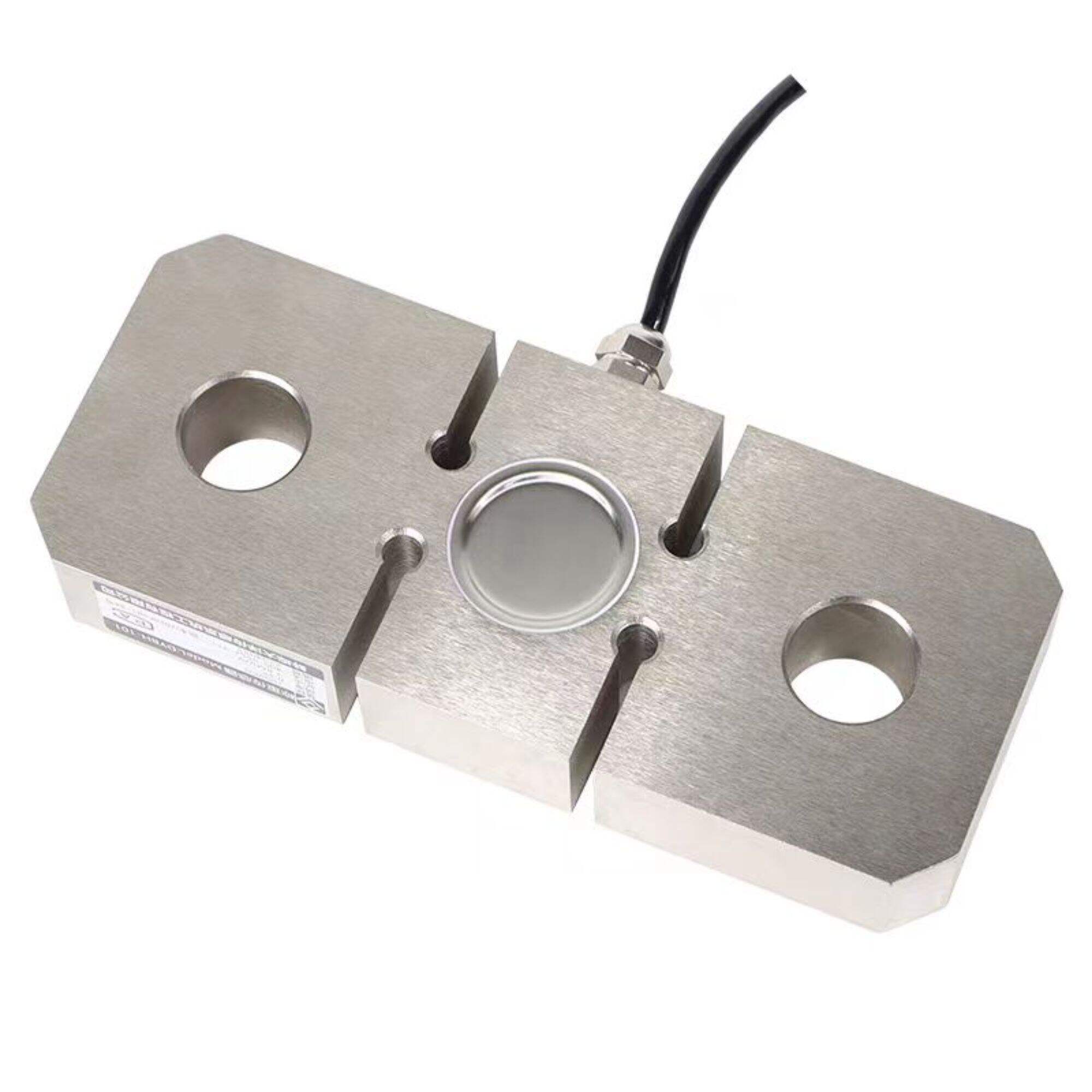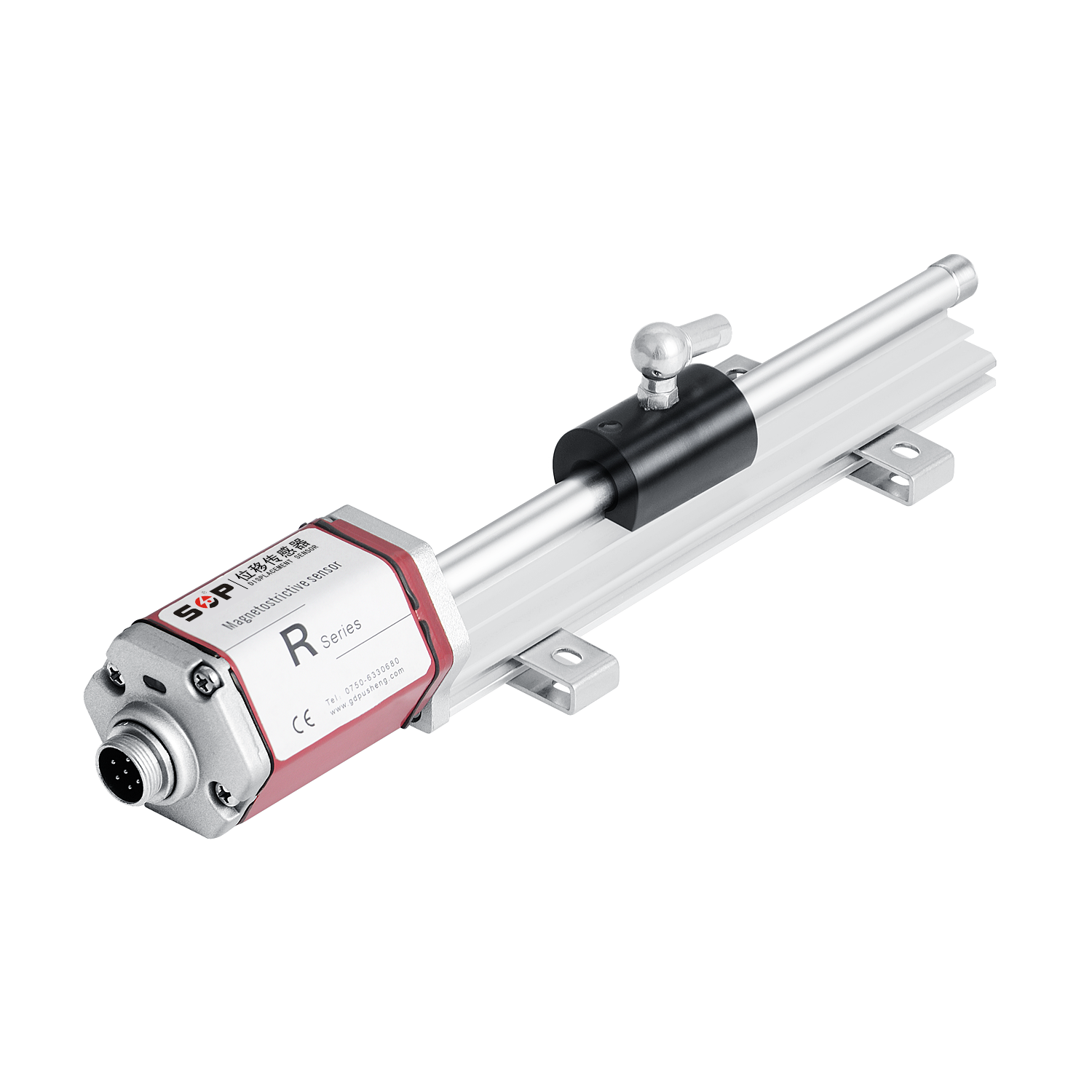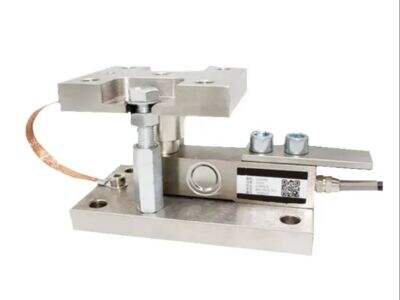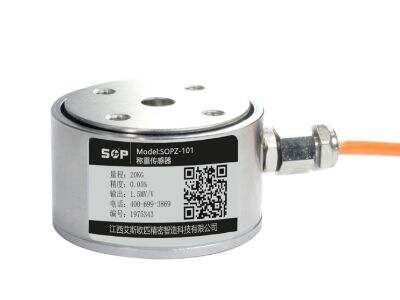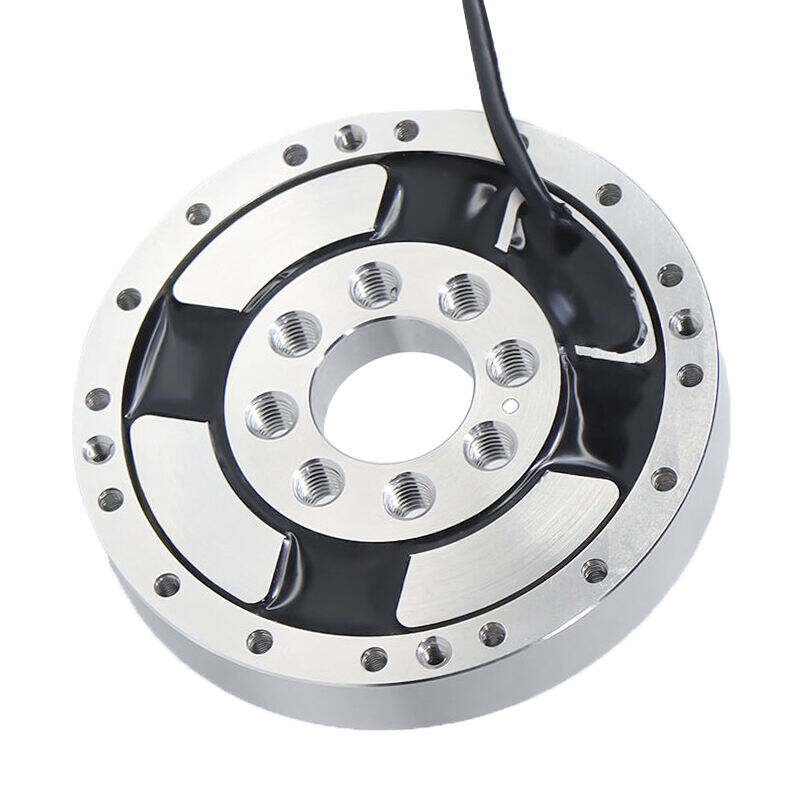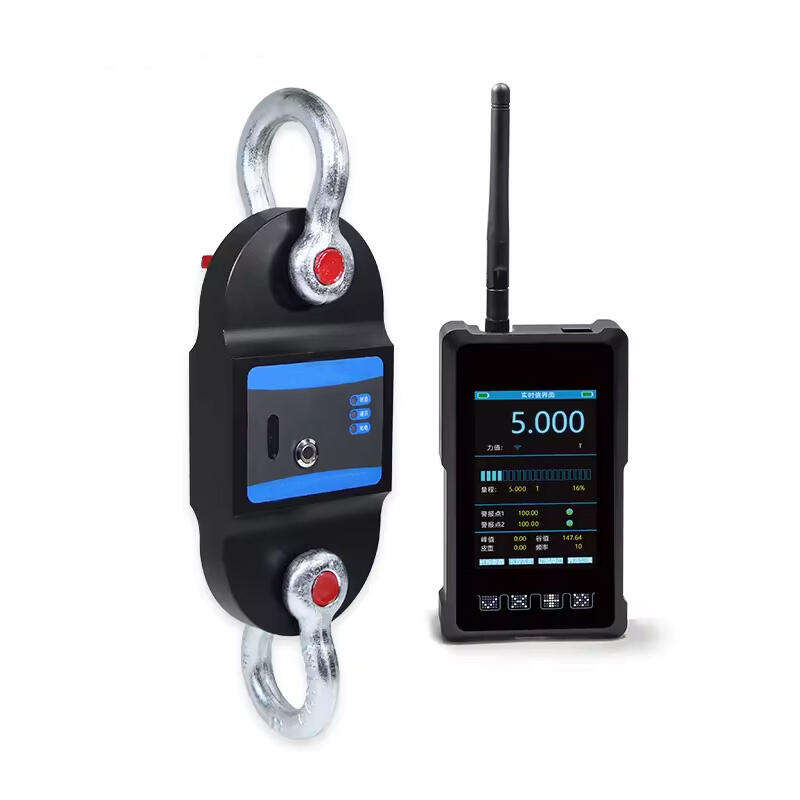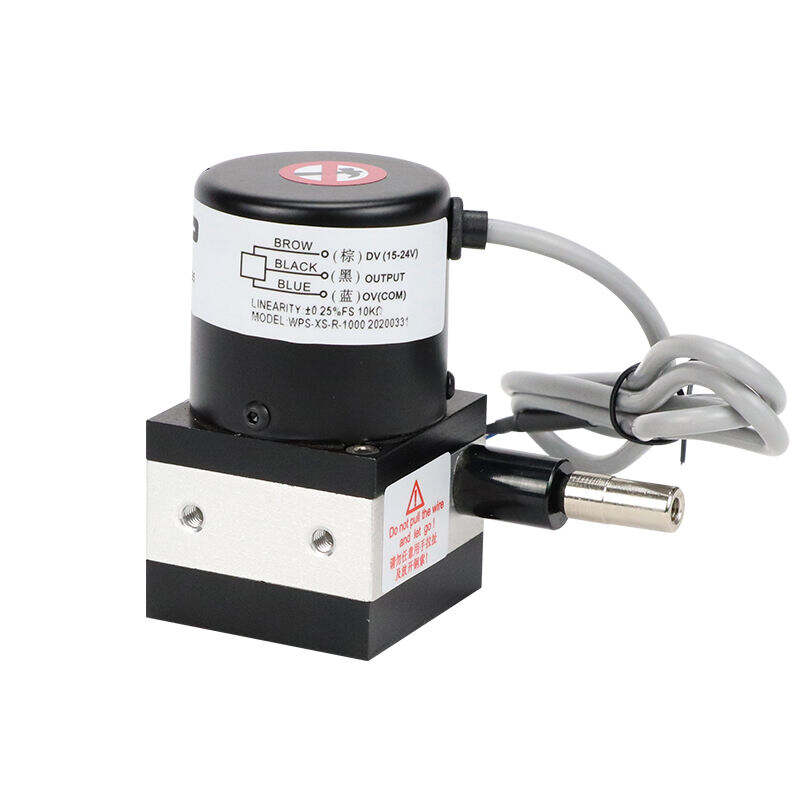non contact linear sensor
Non contact linear sensors represent a breakthrough in modern measurement technology, offering precise position and displacement measurements without physical contact with the target object. These sophisticated devices utilize various sensing technologies, including magnetic, optical, or capacitive principles, to deliver accurate linear position data. The sensor consists of a sensing element and a target, maintaining a consistent air gap between them. Operating through electromagnetic fields, infrared beams, or capacitive coupling, these sensors can measure linear movement across distances ranging from micrometers to several meters. Key technological features include high resolution capabilities, often reaching submicron levels, exceptional repeatability, and robust environmental resistance. These sensors find extensive applications across multiple industries, from manufacturing automation and quality control to aerospace and medical equipment. In industrial settings, they excel in monitoring machine tool positions, controlling robotic movements, and ensuring precise alignment in assembly processes. The automotive industry utilizes these sensors for suspension systems and pedal position sensing, while the semiconductor industry relies on them for wafer handling and precise positioning. Their ability to function in harsh environments, combined with their maintenance-free operation and long service life, makes them invaluable in critical applications where reliability and precision are paramount.

